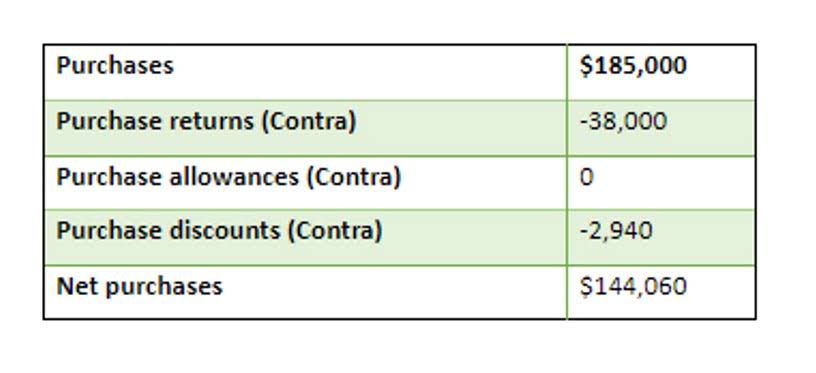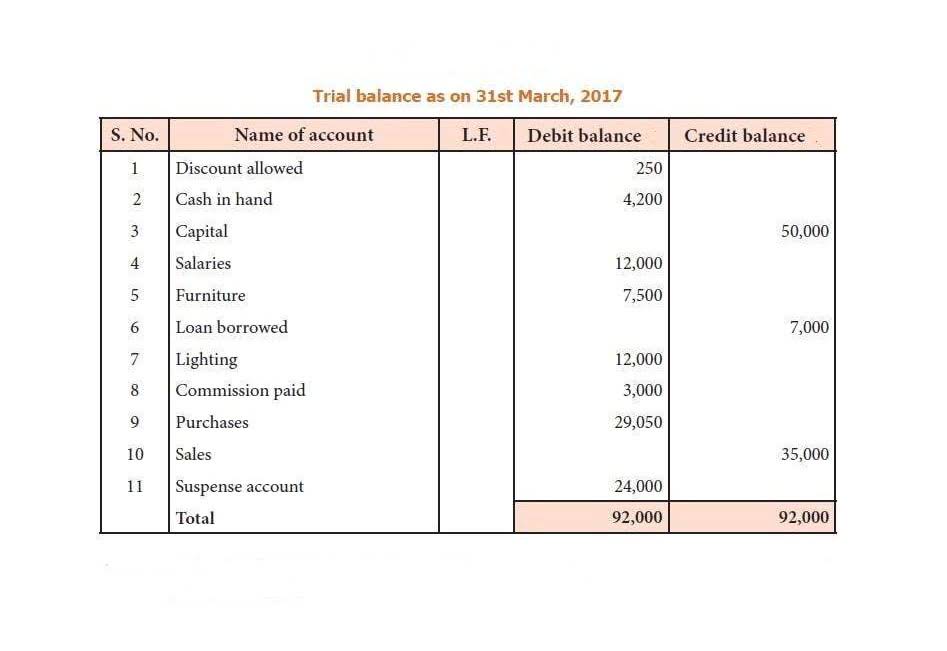Small Business Bookkeeping: A Beginners Guide

There’s no getting away from it – if you run a small business, you’ve got to run its bookkeeping too. Sometimes, this can seem like an overwhelming and lengthy job, especially if you’re not 100 per cent sure what you’re doing. Whether you do bookkeeping yourself or decide to hire a certified bookkeeper, understanding how money flows through your business is vital. The payment provider you use should keep a log of the fees incurred for each payment.
How much is QuickBooks for small businesses?
Bookkeeping is the regular practice of updating a company’s financial records to reflect all financial transactions, credits, and debits. If you don’t have the budget to hire an accountant, consider opting for a cloud-based accounting software small business bookkeeping to send invoices, track time, calculate taxes, record expenses and pull reports, all online. This means that you don’t record an invoice until it is actually paid. Similarly, you don’t notate outstanding bills until you actually pay them.
Plans & Pricing: QuickBooks Online Wins

It’s like the pulse of your business – it keeps you in tune with your financial health, helps identify opportunities for growth, and warns you of potential issues before they become big scary monsters. Your next step is to dig deeper into bookkeeping and accounting software and how to architect a successful system. Managing and tracking your transactions puts you in a better position to make analytical decisions down the road. For example, by tracking how much you spend producing individual products, you can ascertain which ones are the most expensive to produce. You can then use this data to price each item according to your profitability goals.
User Reviews: Tie
Take the time to organize your records, whether that means buying a filing cabinet or breaking out the label maker. Saving your records in the cloud also ensures that they’re easily accessible in a digital format from any device. Making sure your records are well-organized can save you a big headache if you’re ever subjected to an audit. By following the tips and best practices outlined in this guide, you’ll be more equipped to set a strong financial foundation for future growth, profitability, and ultimate success. Once you’ve got a handle on how to begin bookkeeping for your small business, it’s time to set yourself up for success with an ongoing bookkeeping system.
The same goes for accounting department leaders who may be too preoccupied with other tasks to master their bookkeeping. These leaders have a desire to learn more about the basics of bookkeeping to save time and minimize errors. Take some time to set up an invoicing system, including tracking the work completion, deciding the frequency of invoicing, defining payment methods and creating professional-looking invoices. Develop a method of handling your data, actively managing your cash flow and reviewing your monthly and bank statement regularly. Organize your receipts (including receipts for charitable contributions) and accurately record deposits. At tax time, the burden is on you to show the validity of all of your expenses, so keeping supporting documents for your financial data like receipts and records is crucial.
What are the most common mistakes in ecommerce bookkeeping?
A straightforward bookkeeping maintenance program can also make your books easier to read by auditors and others who may need to read and understand them. The specific skills gained through in-house training and certifications may vary as well. When you’ve just started and have limited funds, you might consider handling your accounting activities yourself.
- You’ll be responsible for accurate payments to employees and taxing authorities.
- No matter what type of business you operate, an understanding of bookkeeping best practices is essential for keeping your business running smoothly, now and in the future.
- Small businesses, while also benefiting from management reports, may not require them with the same level of detail or frequency.
- You must report any item you make personal use of as a company benefit.
- By relying on professionals, you reduce the chances of making mistakes.
- This feature connects the software to your business bank and credit card accounts to provide a daily update of your transactions.
Right from the start, make sure you have a system in place for keeping track of all your transactions. Consolidating your receipts in one place will make the process that much simpler when it comes to building reports like balance sheets, making calculations, and measuring business growth. Every business is unique, and there may be instances where QuickBooks Desktop may be a better fit. For example, it may be more suitable for businesses with complex inventory management needs or those wanting offline access to their financial data. However, QuickBooks Online is the better choice for most companies, especially those with remote accountants and multiple employees. Businesses with inventory items should choose accounting software that can track inventory costs, manage cost of goods sold (COGS), and monitor inventory units.


These tools can also automate your recurring profits and costs, effectively freeing up more of your time. You can choose to record the transactions by hand, hire an accountant or choose an accounting software to automate your accounting process. Based on the monthly sales, set aside some money to pay for your taxes. This will help you avoid having to outlay a significant amount of funds at the end of the year. Tracking and reviewing your income and expenses can help you assess the health of your business and plan for future growth. You can follow our guide on how to make an income statement to accurately evaluate your business’s financial health.
- At the end of the accounting period, take the time to make adjustments to your entries.
- However, plenty of small-business owners utilize basic spreadsheets such as Excel or even rely on a pen-and-paper ledger.
- If your business is a side project with a limited budget, you can probably get by going the DIY route.
- You didn’t set up a business to become a bookkeeper or accountant, but this is where you can end up very quickly if don’t know how to keep books for a small business, or don’t use somebody who does.
- It includes importing and categorizing transactions properly, reconciling these transactions and making sure they’re recorded according to your entry system and accounting method.
Pay attention to your cash flow
- For both sales and purchases, it’s vital to have detailed, complete records of all transactions.
- Single-entry bookkeeping is simpler, and is usually used by businesses with few or no employees, minimal plans to scale, and no need for in-depth financial reporting.
- When choosing an accountant, interview several candidates and go over your accounting needs and expectations with each one.
- Most businesses need a mixture of local, state and federal licenses to operate.
- According to the NSBA Small Business Taxation Survey, filing and completing their federal income tax returns is one of the top concerns for small business owners.
- Learn how to handle sales tax, inventory, payments, financial statements, and more.
- Set benchmarks and check back often to ensure that you’re hitting your goals.
Transfer the financial transactions from the general journal to the appropriate accounts on the general ledger with all their detail. There are five accounts that are relevant to the general ledger in a form similar to that in the table above. They are the assets, liabilities, equity, revenues, and expenses accounts.
- If you decide that this is a job for you then we would advocate the use of an online bookkeeping software solution such as Xero or QuickBooks.
- You’ll find helpful tips, advice, and information designed to empower small business owners like you.
- Business accounting and reporting standards vary slightly from province to province, so it’s important that you find a bookkeeper that’s based in the same region where you’re operating your business.
- If your business incorporates brick-and-mortar sales with online sales, payroll will be different between the two.
You might want to begin with Bookkeeping Basics or Intuit Bookkeeping, both offered by Intuit on Coursera. You can also learn how to use Excel to keep your books or create your business budget with Google sheets. Income is recorded as it’s received; otherwise, it’s not considered revenue. A disadvantage of the cash method is that it only provides a short-term look at your company’s financial health.

